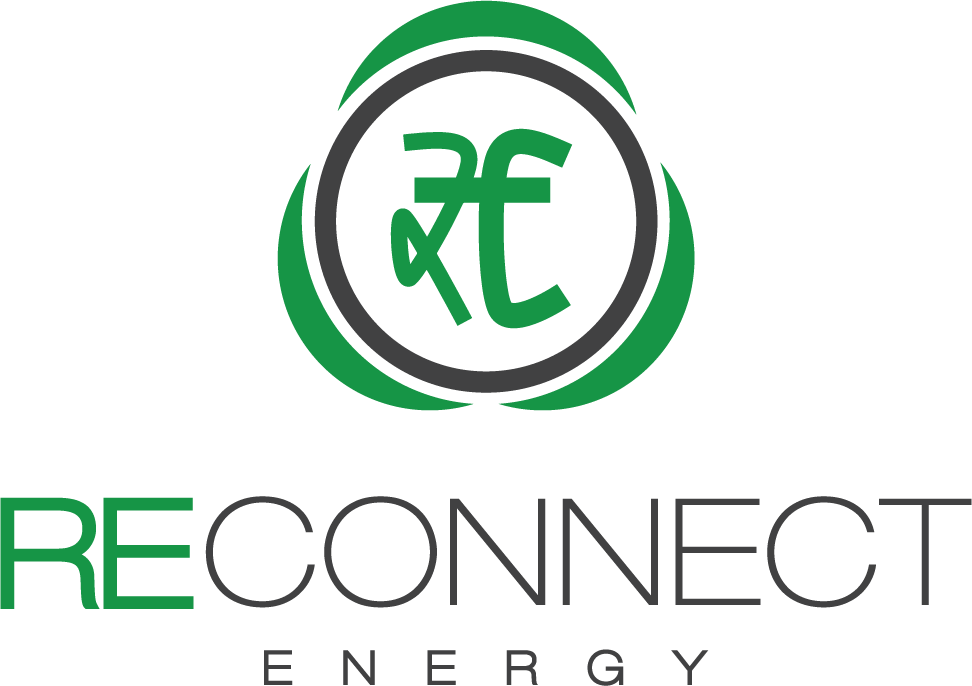Revenue from sale of carbon credits not taxable
As per a recent ruling by Andhra Pradesh High Court, the revenue accrued on account of sale of carbon credits is "not taxable". The judgement came in a case between The commissioner of Income Tax, Hyderabad vs My Home Power
REC vs CDM Mechanism
The below analysis was covered in a story by Bloomberg. You can read that article here. After the launch of Renewable Certificate Mechanism (REC) in India, a frequent question in the minds of project developers is the comparison between Clean Development Mechanism (CDM) and REC mechanism. The below section covers some of the questions regarding the eligibility for CDM and REC, and the relative benefits under both mechanisms. Q: Is a project eligible for REC benefit if it is already availing of CDM benefit? A: The REC and CDM mechanisms are independent of each other. REC is a national mechanism which is focused on renewable energy generation whereas CDM is an international mechanism which is focused on Green House gas abatement. Nowhere in its regulations the CERC has specified that availing of CDM benefit will disqualify a RE generator from accessing REC markets. Further, the CERC has clarified that “REC and CDM are different mechanisms” (Statement of Objects and Reasons dated January 14, 2010). Q: Is the project eligible for CDM benefit if it also avails the REC benefit? A: As mentioned above, the REC and CDM mechanisms are independent of each other, and from the CERC's perspective, can co-exist. However, one of the fundamental aspects of eligibility for carbon credits in the “Additionality” criterion*. If the additional benefit of RECs is considered (even at a minimum of Rs 1.5/unit), it is likely that several projects that meet the additionality criterion under CDM without REC, are likely to not meet the criterion in the future when REC benefit is included. However, for every project an analysis will have to be done on a case-by-case basis. For example, a project that meets the additionality criterion based on the feed-in tariff of a state, may still meet the criterion if the APPC + REC price is considered in one state, but not in another. Q: How does the benefit under CDM and REC mechanism compare? A: The benefit needs to be compared under various parameters:
| Options | REC | CDM |
|---|---|---|
| Monetary Benefits | More | Less |
| Access ( Profit/Cost ) | Less time | More time |
| Certainty of Revenue | Depends on enforcement of the mechanism | Reasonable |
Renewable Energy Certificates-An Introduction
As part of the National Mission on Climate Change, a policy to implement Renewable Purchase Obligation (RPO) is being put in place by the Central Electricity Regulatory Commission. The new policy will require Electricity Distributors, large Captive Consumers and large Open Access Consumers to purchase a certain percentage of their total electricity needs from renewable sources. Renewable Energy Certificates: Similar to Carbon Credits Similar to the Carbon Credit Market, a market for meeting the RPO requirements is in the process of being set up in India. Just like at the international level, companies that do not meet their emission reduction targets can purchase Carbon Credits from the market, similarly, Electricity Distributors in India that do not buy the percentage of renewable energy required by law, will have the option to fulfil their obligation by purchase of Renewable Energy Certificates (REC). RECs will be traded at power exchanges in India. Additional Source of Revenue For renewable energy producers – wind farms owners, biomass power plants, small hydro projects, etc, RECs present a very valuable

